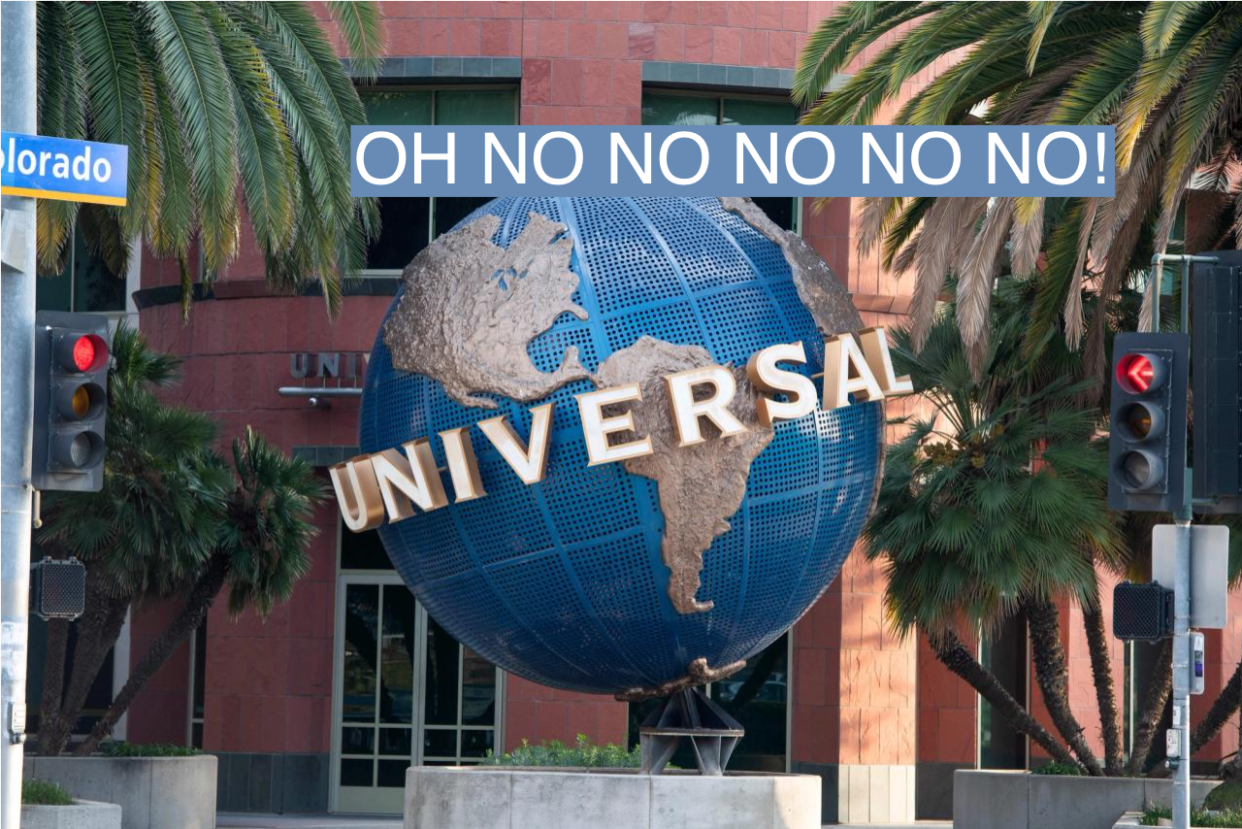Universal Music Group to pull music from TikTok amid contract dispute

Semafor Signals
Supported by
The News
Universal Music Group (UMG) is set to remove its audio catalogs from TikTok following a row with the social media app over issues such as artificial intelligence-generated music and artist compensation. Songs from artists including Billie Eilish, Taylor Swift, Adele, Bad Bunny, and Drake are set to disappear from TikTok’s library after the record label giant’s agreement with the platform expires in the next 24 hours.
TikTok has attempted to “bully” and “intimidate” the label group into accepting a “bad deal that undervalues music and shortchanges artists and songwriters as well as their fans,” UMG said in an open letter to the music community.
Despite its fast-growing user base and reliance on music-based content, TikTok accounts for only about 1% of UMG’s revenue, the group said.
TikTok hit back, saying UMG is “putting their own greed above the interests of their artists and songwriters” by choosing to walk away from a platform that serves as a “free promotional and discovery vehicle for their talent.”
SIGNALS
The streaming boom continues, but it's not as profitable as it used to be
While the streaming boom continues apace, it’s not as profitable as it used to be. Consumption of music streams has increased 2.5 times since 2017, but revenue per stream has fallen 20%, The Verge said, citing Goldman Sachs data. UMG’s revenue grew at a slower pace in 2023 than in the previous two years, Bloomberg reported, and job cuts are planned. The label giant is now pushing for what it calls “artist-centric” deals, such as one with the French streaming platform Deezer, which reduces the amount of money that goes towards amateurs, bots, and white noise soundtracks. “We are taking away incentives for people to upload a tonne of crap that has very little value for the actual listeners,” Deezer’s executive told the Financial Times.
AI-generated music and voice cloning sparks debate over profit and protections
The rapid growth of AI-generated music and voice cloning has sparked concern about artist profits and protections for those whose likeness is abused. Puerto Rican rap sensation Bad Bunny has expressed frustration at viral AI-generated music that mimics and dilutes his style, Billboard reported. However, a mysterious creator who made a song that used AI voice filters to mimic Canadian musicians Drake and The Weeknd has argued that AI presents new opportunities to create art. TikTok is also experimenting with an AI-song generation tool that creates songs based upon user prompts, TechCrunch reported. Meanwhile, YouTube has partnered with UMG and others to set rules for AI music that are “safe and profitable for companies and performers alike,” according to The Verge.
TikTok creators are both worried and hopeful
“This new generation isn’t satisfied to simply consume music – they want to play an active role in it, which is what makes TikTok creation so appealing,” one music industry analyst told the Los Angeles Times, saying that pulling music off the platform is “certainly a risk.” In a test last year, TikTok temporarily limited music access from three major record labels to see how it would affect user engagement in Australia and the number of users and time spent on the platform declined, Bloomberg reported, suggesting that the company still depends on popular songs. The move to remove the songs has some TikTok creators worried, with one food content creator with 30 videos that use UMG music saying he is “panicking” over the impact on his audience. However, others are hopeful that the move will make it easier for unsigned indie artists to be discovered, with one music creator celebrating in a video captioned “It’s your time to shine baby!”

